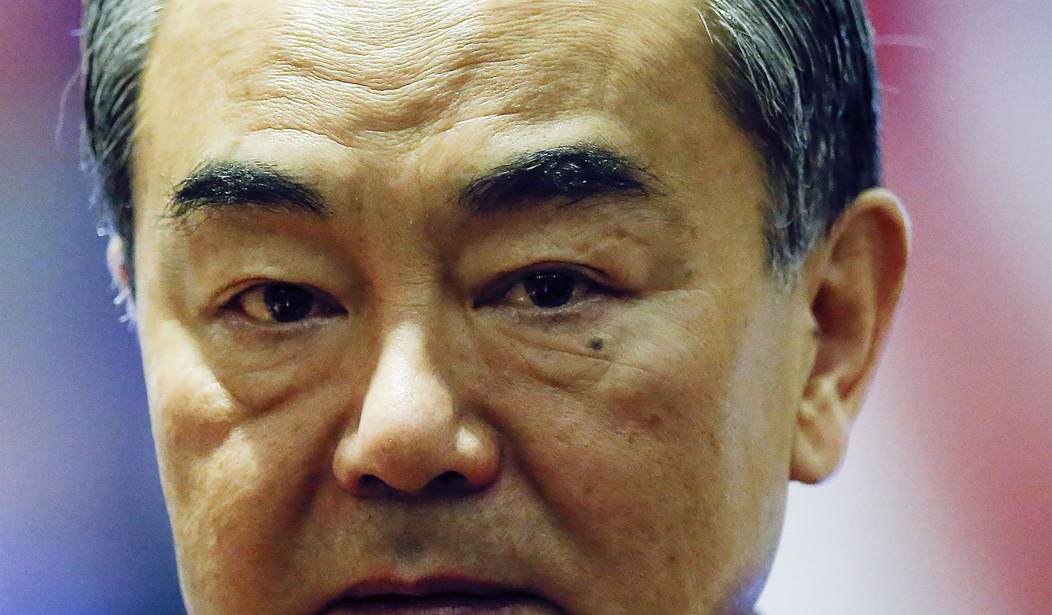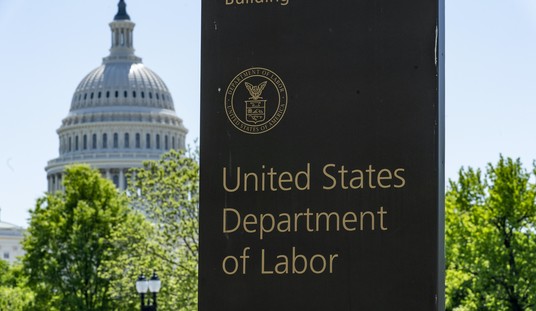In April, Forbes reported on a “mutual security” pact signed by the Solomon Islands and Communist China. The agreement states that the Chinese Navy (technically, the People’s Liberation Army Navy or PLAN) ‘[M]ay, according to its own needs and with the consent of the Solomon Islands, make ship visits to, carry out logistics replenishment in, and have stopover and transition in the Solomon Islands.’ The agreement also requires China, upon request of the Solomon Islands government, to send riot control and crowd control assistance, or intervene militarily to prop up the government.
The agreement has been widely leaked, indicating not everyone in the Solomon Islands is in support of the Sogavare government turning the Solomons into a puppet state of the CCP.
Here are 4 pages of the agreement, the final on the next tweet. pic.twitter.com/U6IJr7MTwE— Professor Anne-Marie Brady FRSNZ (@Anne_MarieBrady) March 24, 2022
The agreement was the source of profound shock to Australia, which only in November had sent police to assist in restoring order in the Solomon Islands capital Honiara. Oddly enough, one of the targets of the riots was ethnic friction between the Solomon Islanders and, you guessed it, the ethnic Chinese population.
Read more on this deal by my colleague Mike Miller: US Marines Won the Battle of Guadalcanal in 1943 — 79 Years Later, Joe Biden Is Losing It.
Last week, the Financial Times broke the story that China was in talks with Kiribati and one other unnamed South Pacific nation to finalize a similar agreement.
China is intensifying its drive for influence in the Pacific by negotiating security deals with two additional island nations following a pact with the Solomon Islands, according to officials in the US and allied countries.
Beijing’s talks with Kiribati, a Pacific island nation 3,000km from Hawaii where US Indo-Pacific Command is based, are the most advanced, the officials said.
“They are in talks with Kiribati and at least one more Pacific island country over an agreement that would cover much of the same ground as that with Solomon Islands,” said an intelligence official from a US ally.
The warning that Beijing is trying to further increase its clout in the Pacific came as President Joe Biden begins a visit to Asia intended to reassure allies of US commitment to regional security amid China’s push for influence.
The negotiations with Kiribati follow the deal Beijing signed with the Solomon Islands, which some experts believe will allow China to build a naval base in the country located north-east of Australia.
China’s Foreign Minister Wang Yi is about to embark on a bribery, corruption, and influence-buying tour of the South Pacific.
Chinese FM is set for an historic whirlwind tour through eight Pacific Island nations:
—Solomon Islands
—Fiji
—Kiribati
—Samoa
—Tonga
—Vanuatu
—Papua New Guinea
—Timor LesteAustralia, New Zealand, and the US will be closely watching. @stephendziedzichttps://t.co/Tb4pdhCikI
— Derek J. Grossman (@DerekJGrossman) May 24, 2022
Reuters reports that the outcome Wang is seeking is to establish a regional economic and security pact: EXCLUSIVE China seeks Pacific islands policing, security cooperation – document.
China will seek a region-wide deal with almost a dozen Pacific island countries covering policing, security and data communication cooperation when Foreign Minister Wang Yi hosts a meeting in Fiji next week, documents seen by Reuters show.A draft communique and five-year action plan sent by China to 10 Pacific islands ahead of a meeting of foreign ministers on May 30 has prompted opposition from at least one of the invited nations, which says it showed China’s intent to control the region and “threatens regional stability”.
In a letter to 21 Pacific leaders seen by Reuters, the president of the Federated States of Micronesia (FSM), David Panuelo, said his country would argue the “pre-determined joint communique” should be rejected, because he feared it could spark a new “Cold War” between China and the West.
China’s interests in Micronesia come down to three main goals: increasing China’s international popularity, exploiting Micronesia’s strategic location, and reaping economic benefits. Micronesia may not be populous, but for China, persuading more countries to side with the Chinese government is essential to win UN support on political issues such as the treatment of Hong Kong, Taiwan, and Xinjiang, as well as to cement China’s status as a global leader. This strategy has seemed to prove successful, as during Micronesian President David W. Panuelo’s 2019 visit to Beijing, he commended the one-China policy, which recognizes the Chinese government’s ownership of Taiwan, claiming it was the “bedrock” of Micronesian relations with China. China’s desire to cultivate strong ties with Micronesia also has strategic value, since the US territories of Guam and the Northern Mariana Islands lie just to the north. With growing influence in the western Pacific, China would be able to put pressure on US interests in the area, as well as those of other regional powers, such as Australia and New Zealand. Finally, over one million square miles of ocean are included in FSM territory; in fact, Micronesia’s exclusive economic zone is over three times larger than China’s. Greater access to these waters, as well as the opportunity to build transshipment ports, would enable China to significantly expand its fishing operations in the Pacific.
The action plan outlines a ministerial dialogue on law enforcement capacity and police cooperation in 2022, and China providing forensic laboratories.The draft communique also pledges cooperation on data networks, cyber security, smart customs systems, and for Pacific islands to “take a balanced approach” on technological progress, economic development and national security.Chinese telecommunications firm Huawei, which is barred from 5G networks run by several U.S allies, has been repeatedly thwarted in attempts to build submarine cables or run mobile networks in the Pacific by Australia and the United States, which have offered rival bids for the sensitive infrastructure, citing national security.The communique also proposes a China-Pacific Islands Free Trade Area, and support for action on climate change and health.In his letter to other leaders, Panuelo said the communique would draw Pacific islands that have diplomatic relations with China “very close into Beijing’s orbit, intrinsically tying the whole of our economies and societies to them”.Panuelo highlighted the risk of being caught in conflict as tensions rise between the United States and China over Taiwan.“The practical impacts, however, of Chinese control over our communications infrastructure, our ocean territory and the resources within them, and our security space, aside from impacts on our sovereignty, is that it increases the chances of China getting into conflict with Australia, Japan, the United States and New Zealand,” he said.China’s provision of customs systems would lead to “biodata collection and mass surveillance of those residing in, entering and leaving our islands”, he added.
It isn’t only obscure Pacific island nations at stake. In the recent elections in a former US colony and staunch US ally, the Philippines, Ferdinand Marcos, Jr., won an easy victory touting closer relations with China.
A world power can’t operate without allies. It can’t have allies if it is unreliable and passive. Quite honestly, if the State Department spent as much time on diplomacy as it did meddling in domestic politics under President Trump, we’d be in a much better position.














Join the conversation as a VIP Member